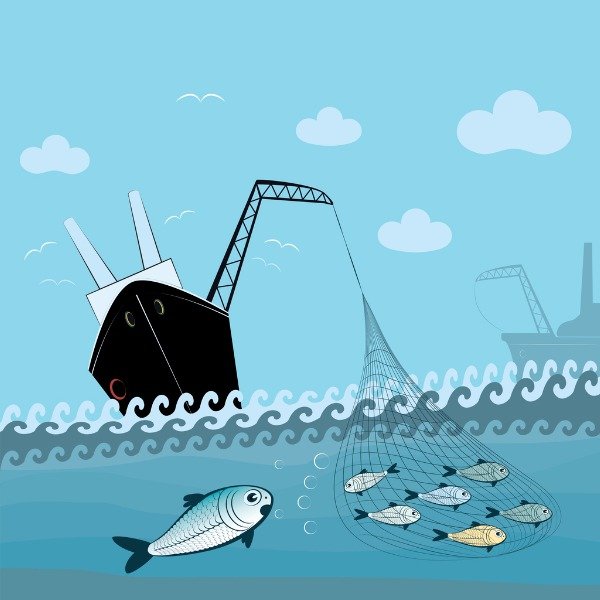Global fisheries, which provide livelihoods for millions and are a key food source worldwide, are facing unprecedented challenges due to climate change. Rising ocean temperatures, acidification, and changing currents are altering fish habitats and migration patterns, threatening both small-scale and commercial fisheries.

The Food and Agriculture Organization reports that nearly 34% of global fish stocks are overfished, and climate change exacerbates this trend by reducing productivity in key regions. Countries like Bangladesh, Indonesia, and the Philippines are particularly vulnerable due to their dependence on fisheries for food security and economic stability.
Communities reliant on fishing are experiencing reduced catches, affecting income and nutrition. Governments and NGOs are promoting adaptive strategies, such as sustainable fishing practices, aquaculture development, and climate-resilient fisheries management. Technological innovations, including satellite monitoring and AI-powered fish stock assessments, are helping policymakers make informed decisions.
Consumers can also play a role by choosing sustainably sourced seafood and reducing food waste. As the climate crisis continues, protecting global fisheries will require international cooperation, scientific innovation, and active community engagement.